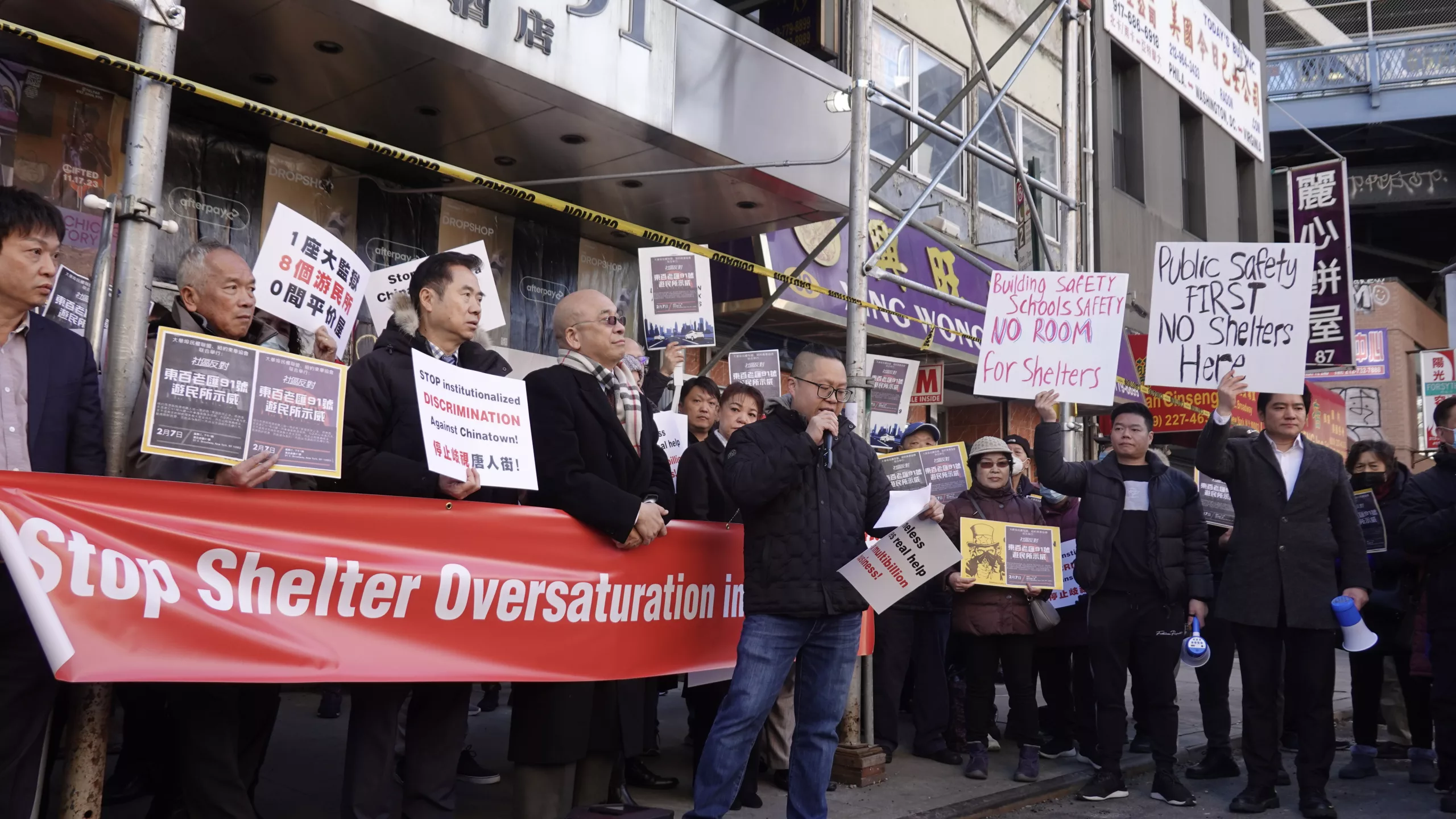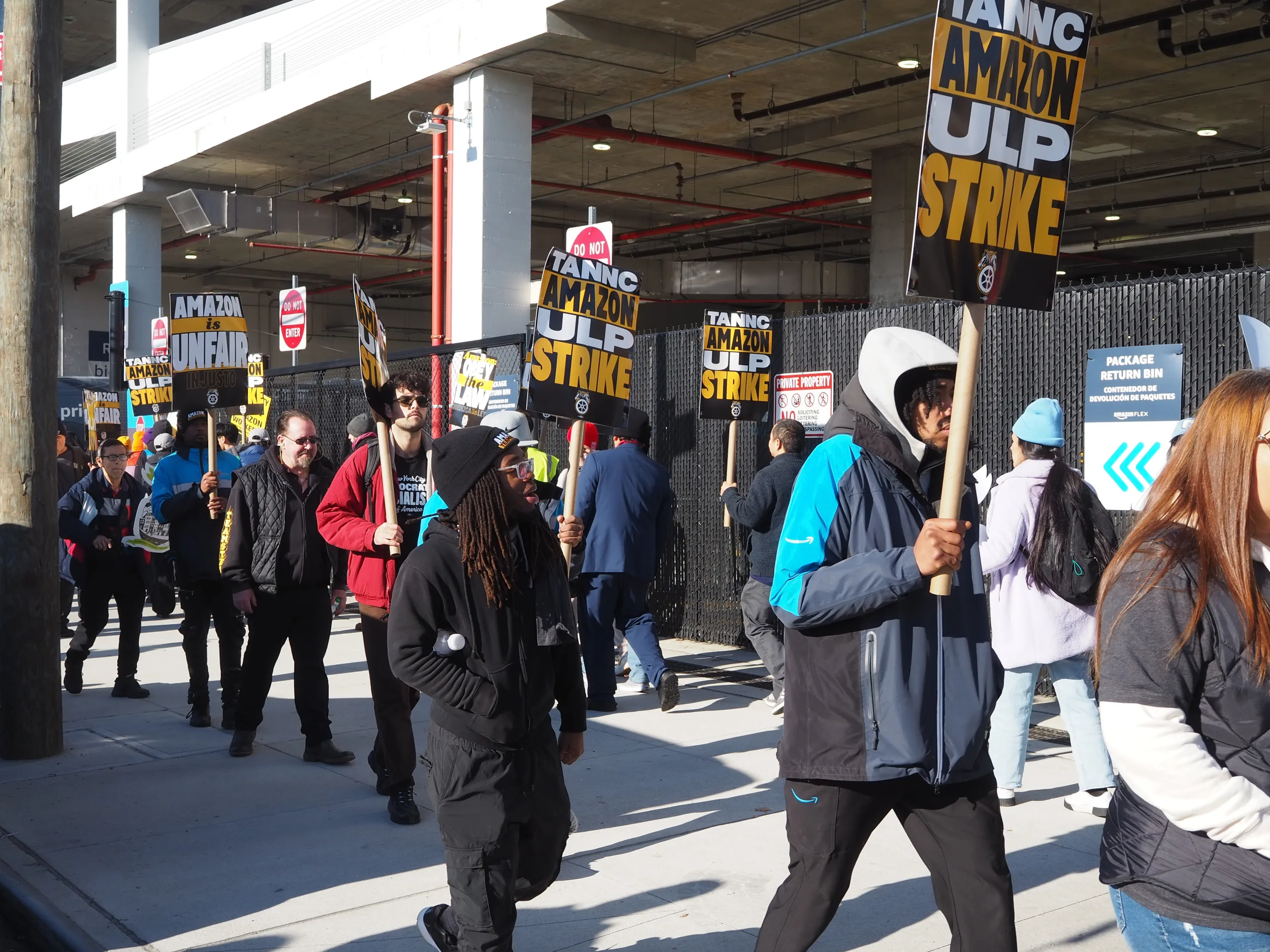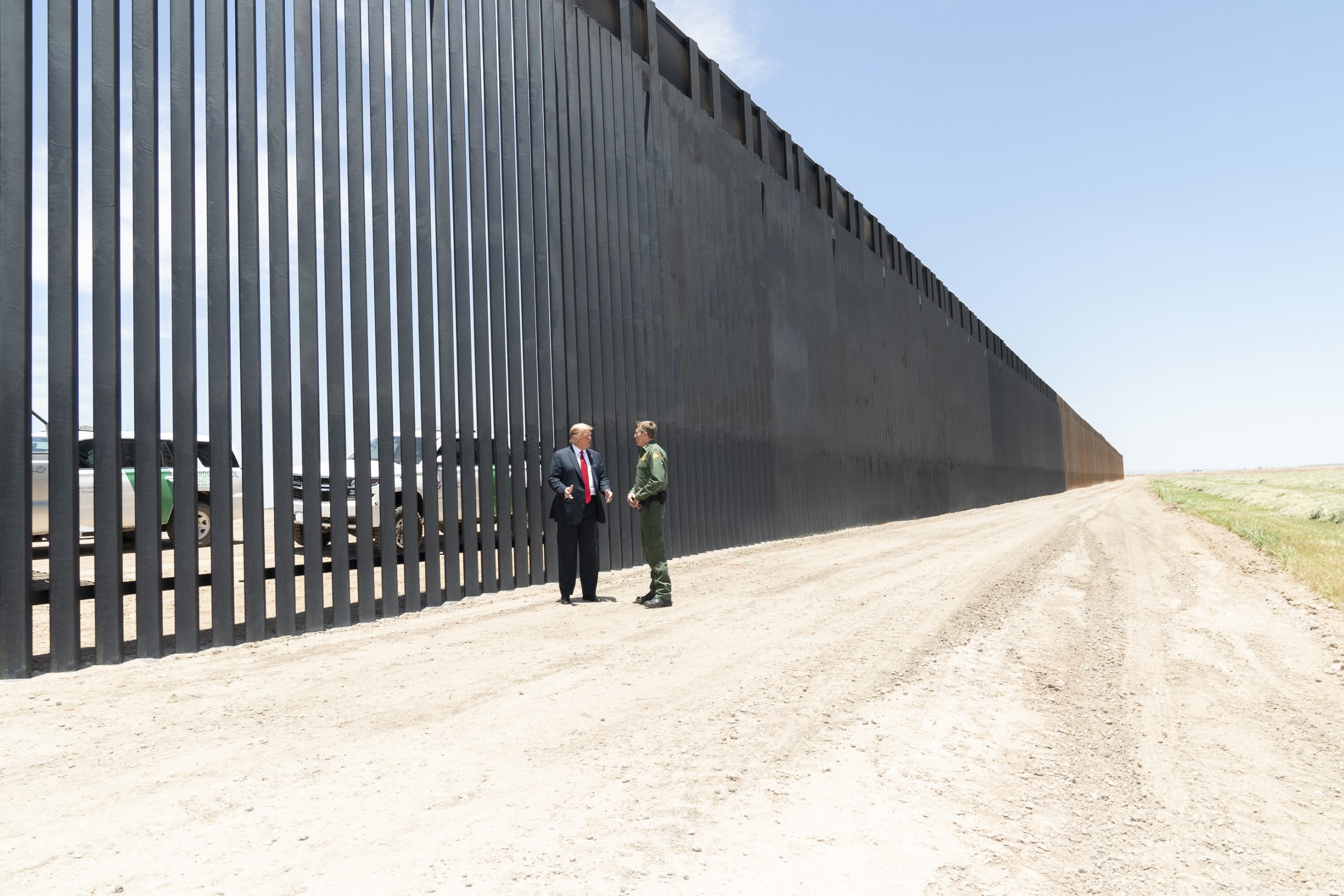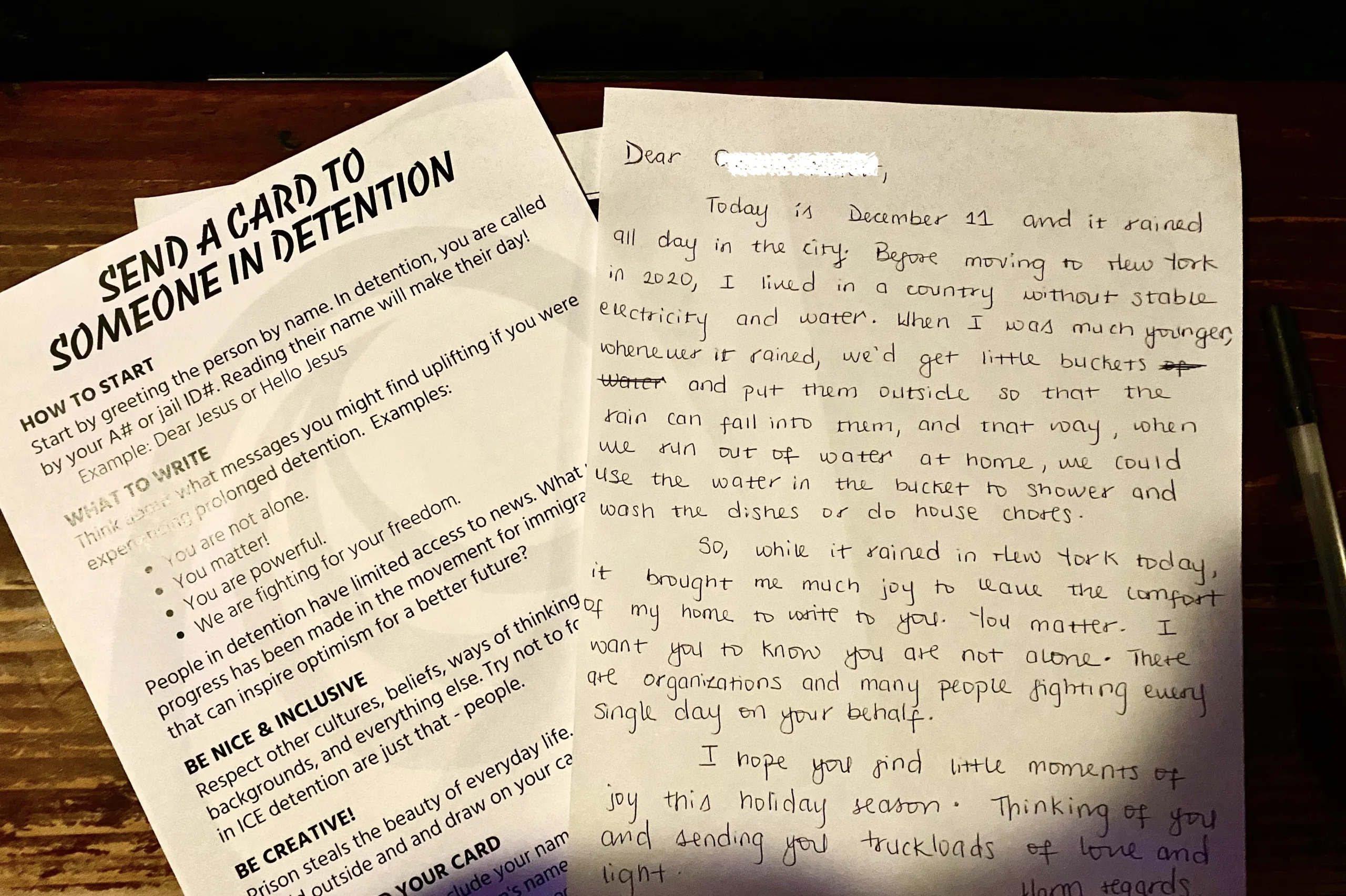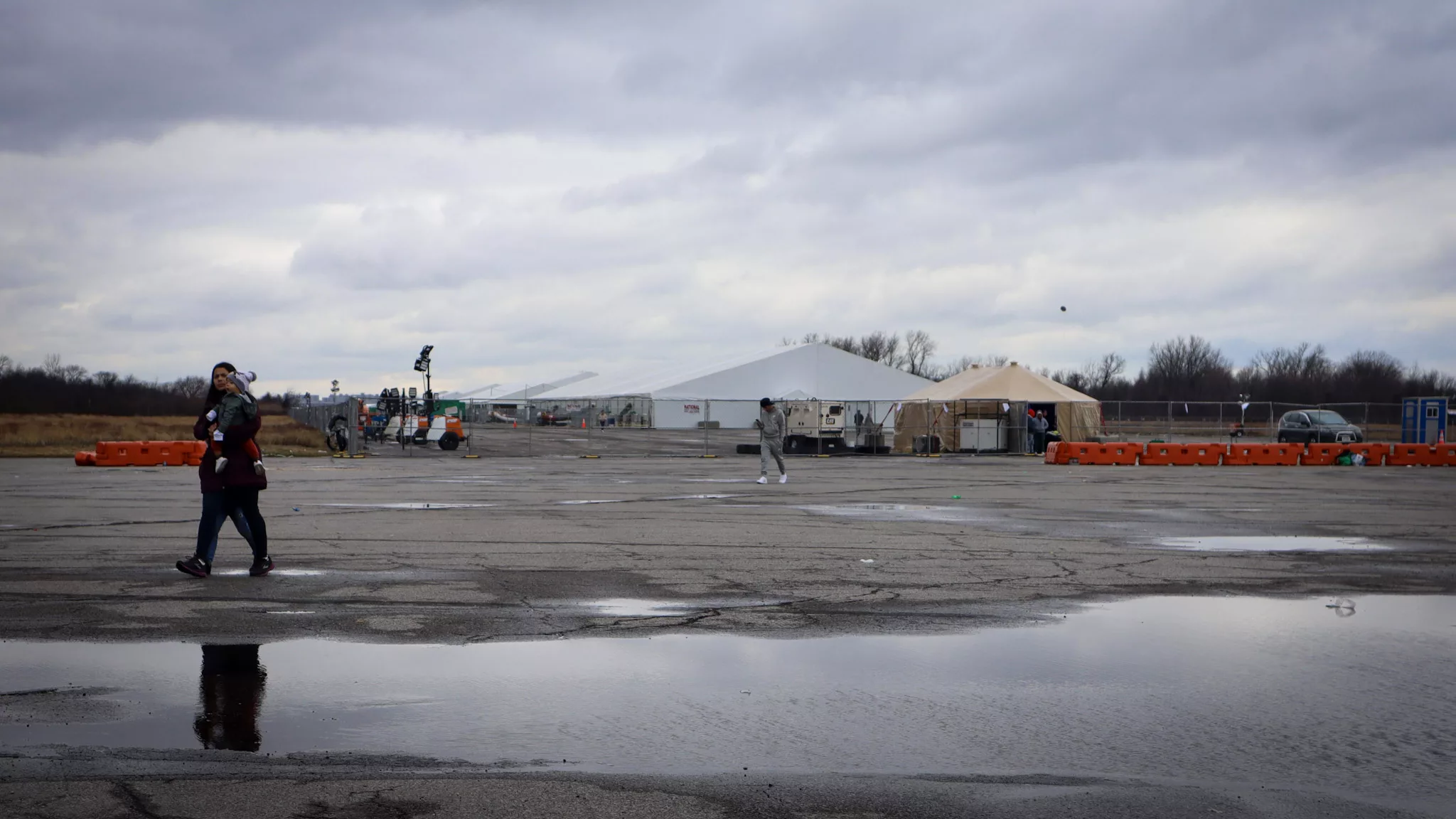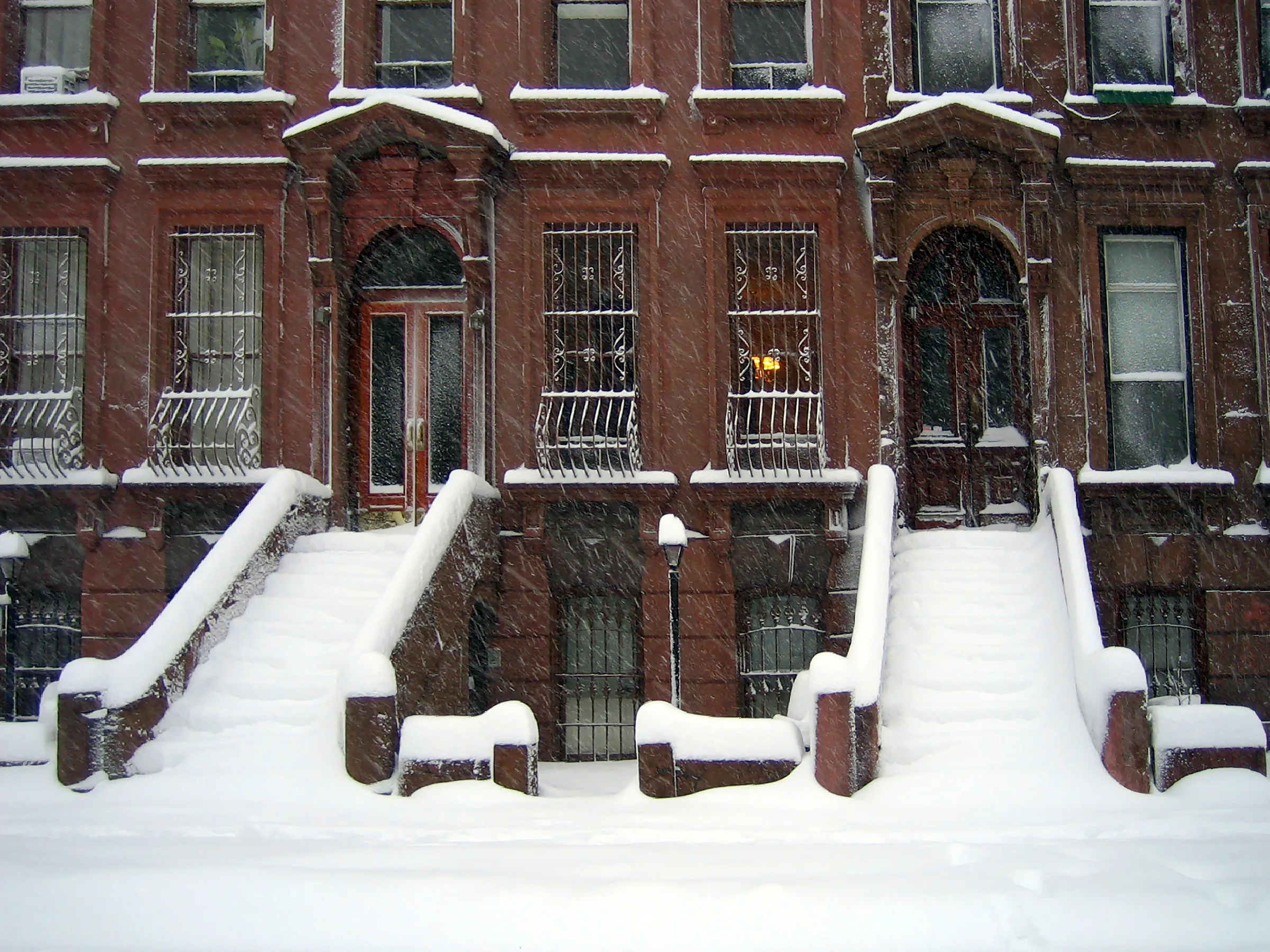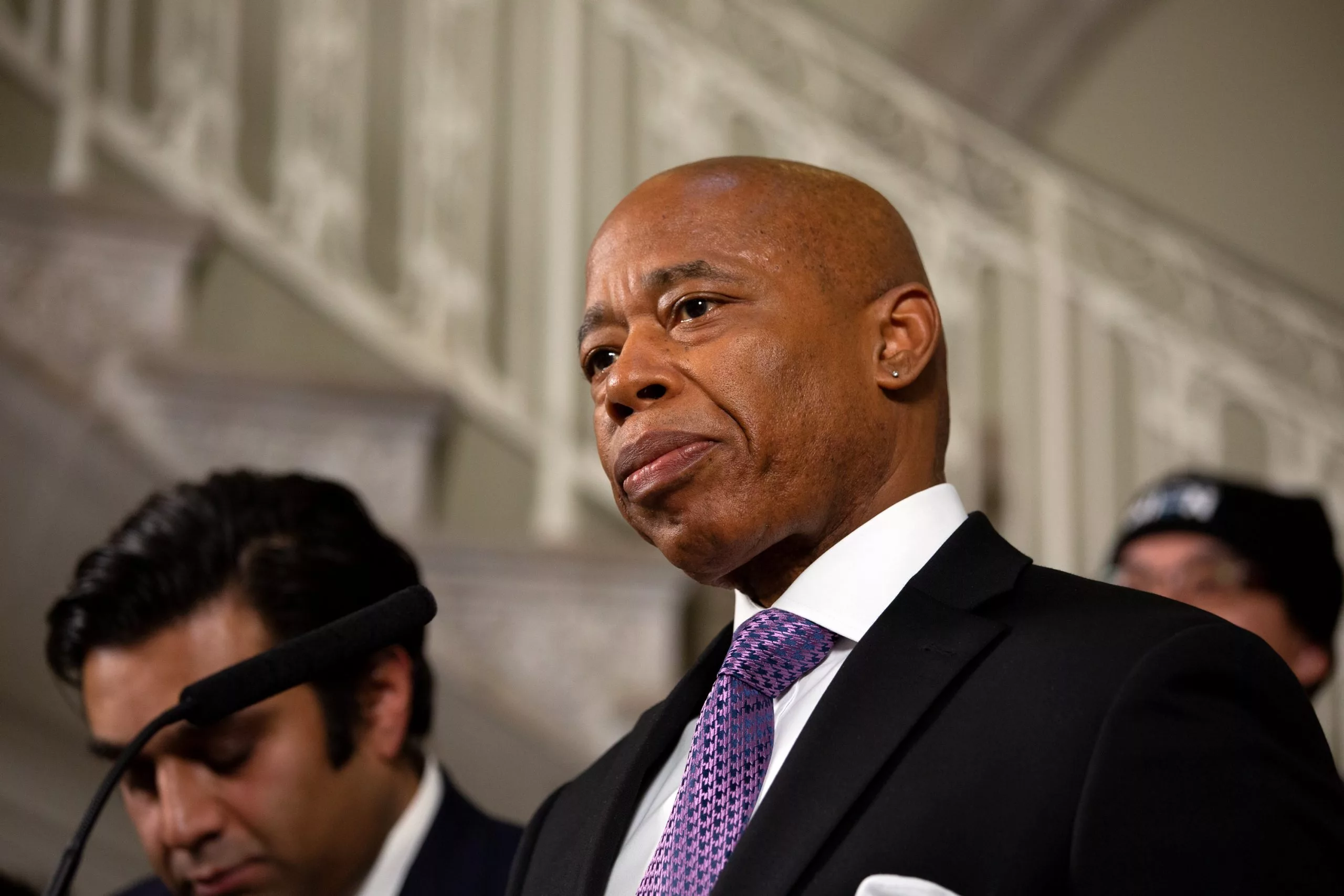Over 50 protestors gathered outside 91 East Broadway in Chinatown on Wednesday to protest the City’s plan to convert the site of a former hotel into a homeless shelter. This protest follows a court’s dismissal of a coalition of community groups’ lawsuit against the city over the same plan last month.
The protestors expressed their concerns about adding another shelter to Chinatown, citing the eight shelters spread across the neighborhood and the strain they place on the community. They say that the neighborhood has been “rapidly declining,” starting with 9/11, and continuing through Hurricane Sandy and the pandemic.
Also Read: Immigrant Communities Debate Harsher Bail Laws as Effectiveness Is Still Unproven
The city has faced a strong wave of backlash from the community since it announced a series of plans to build shelters in Chinatown over the past few years. According to the proposal, the shelter for single men at 91 East Broadway would be 36,000 square feet with seven floors, and would house up to 120 men. Care for the Homeless, a nonprofit corporation based in New York, would run the facility.
Community leaders, civic organizations, and businesses along East Broadway launched a public fundraising campaign in 2022 to cover legal expenses for the lawsuit against the plan, but the New York State Supreme Court dismissed the case by the end of last month. The court said the plaintiffs failed to prove the NYC Department of Homeless Services’ decision to set a shelter at 91 East Broadway in Chinatown was “arbitrary and capricious.” The plaintiffs filed an appeal in early February and expressed their determination to fight against the shelter plan.
In a court document provided by Great Chinatown Civic Coalition, Robert Mascali, a government affairs consultant and former deputy commissioner at the NYC Department of Homeless Services wrote that he had “never seen such a high concentration of shelters within a half-mile radius,” referring to the eight homeless shelters within a half mile of 91 East Broadway as of February 2023.
“It is not that our community is unwilling to help the homeless or that we don’t care about them. We are just overburdened with too many single male shelters in our area,” said Thomas Chan at the rally. Chen is a doctor in Chinatown and co-president of GCCC.
“A lot of these shelter burdens are on minority neighborhoods, including Chinatown, which is really not fair,” said Jacky Wong, a member of GCCC. He cited the findings in a fair share report released by the City Comptroller Brad Lander’s office, “if you look at the numbers, certain neighborhoods have about 100 times more shelter beds than other neighborhoods. And there are four communities in New York City that have no shelter at all, which are predominantly wealthy neighborhoods. And this is really not right.”
Meanwhile, some rally participants voiced apprehensions about public safety, referencing NYPD data indicating that half of the suspects involved in hate crimes against Asians in 2021 had a history of mental health issues.
Kai Ming Chen told Documented his 86-year-old father was randomly assaulted by a stranger during the pandemic while he was sitting outside, breaking bones in his face. Chen’s voice trembled with sadness as he recounted the incident. Chen noted that his father endured pain and injuries for three weeks at Gouverneur Hospital. While it isn’t clear the man came from a nearby facility, he blames the shelters for the incident.
“I can’t imagine the harm another shelter would bring to the community. Think about if this happened to your family. Would you, elected officials, still agree to bring the shelter to your neighborhood?” added Chen.
The Great Chinatown Civic Coalition and another community organization, the Chinatown East Neighborhood Council, have both urged the city to prioritize the more urgent needs of the community. Justin Yu, president of the Chinatown East Neighborhood Council, said that the city should reconsider the proposal from Councilman Marte’s office to convert the site into senior housing or explore alternative housing programs that better align with the community’s needs.
Many protestors also expressed frustration with the lack of communication and transparency in the decision-making process of the project. Nolan Cheng, a lawyer based on East Broadway and co-president of the GCCC, emphasized that while the city met with Community Board 3 and conducted a public hearing, there was inadequate effort to notify the neighborhood’s residents about the hearing, including reaching out to community newspapers.
A spokesperson for the New York City Department of Social Services Services, in a statement shared with Documented, expressed appreciation for the court’s decision, recognizing the Chinatown community’s need for shelter as a crucial resource. DSS emphasized that, according to Fair Share standards, there are no shelters within 400 or 1,000 feet of 91 East Broadway. The statement highlighted that the Safe Haven in Chinatown was announced by New York City in response to a call to action in the fall of 2019, following the brutal murders of four homeless individuals in the area. Elected officials and community members urged increased support for homeless individuals in Chinatown.
In a statement to Documented, the Department said Safe Haven is designed to meet the unique needs of homeless New Yorkers and will be a vital resource for some of the most vulnerable New Yorkers. Staff and case managers from partnering nonprofits will work closely with shelter residents to help them stabilize their lives and eventually move into permanent housing. “We look forward to working collaboratively with the community to serve our neighbors in need and will maintain open lines of communication to address any concerns as they arise,” the spokesperson said in the statement.
The Department also clarified that its long-term shelter facilities, like the one planned for 91 East Broadway, differ from emergency transitional housing facilities established in response to the arrival of asylum seekers. Despite the Department of Homeless Services is only required to provide a 30-day notice prior to the opening of a new traditional shelter, the Department provided notice to the community several years in advance. Throughout this period, the Department said it maintained communication with the community and addressed their concerns.
The Department explained that as part of the equitable shelter-siting process, communities play a role in site selection by identifying feasible locations that not-for-profit providers can propose to the Department through an open-ended RFP procurement process. DSS-DHS sends out an annual letter requesting input from elected representatives of communities to help it site viable shelters in their communities.
As part of the fair shelter location selection process, the community can participate in site selection by identifying viable sites, and nonprofit agencies can submit proposals to the Department through an open bidding process. The Homeless Services Bureau of the Department of Social Services sends an annual letter to the elected representatives of each community requesting their input to assist in the selection of viable shelters in their neighborhoods.
The agency vowed to continue combating stigma against homeless New Yorkers and ensuring robust security measures for shelter residents, staff, and the community, while also implementing good neighbor policies.
Also Read: This Chinatown Street Has Been Shut Down Since 9/11, and Residents Are Fed Up
Following the rally, protestors marched to the office of Asian Americans for Equality (AAFE) to voice their dissatisfaction with the organization’s role they alleged in “bringing the project to the community.” AAFE was initially one of the community partners of the project when the city announced the proposed shelter. However, it withdrew from the project in 2021 due to strong opposition from community members.
“AAFE is not part of the safe haven in development at 91 East Broadway,” a spokesperson of AAFE said in a statement shared with Documented, explaining that during the pandemic, AAFE considered a limited role in this project to provide Asian language outreach services to ensure that unstably housed seniors in Chinatown received the assistance.
“AAFE was never going to be the operator of the facility. This site was destined to become a safe haven with or without our involvement. When protesters in late 2021 targeted our social service office, harassing our elderly clients seeking help and humanitarian aid, we withdrew from the project. The organizers of today’s action know all of this, yet they continue to pursue their own self-interest and personal agendas, spreading untruths and deceiving the community.”
Also Read: The New Generation of Chinatown Leaders on the Neighborhood’s Future
